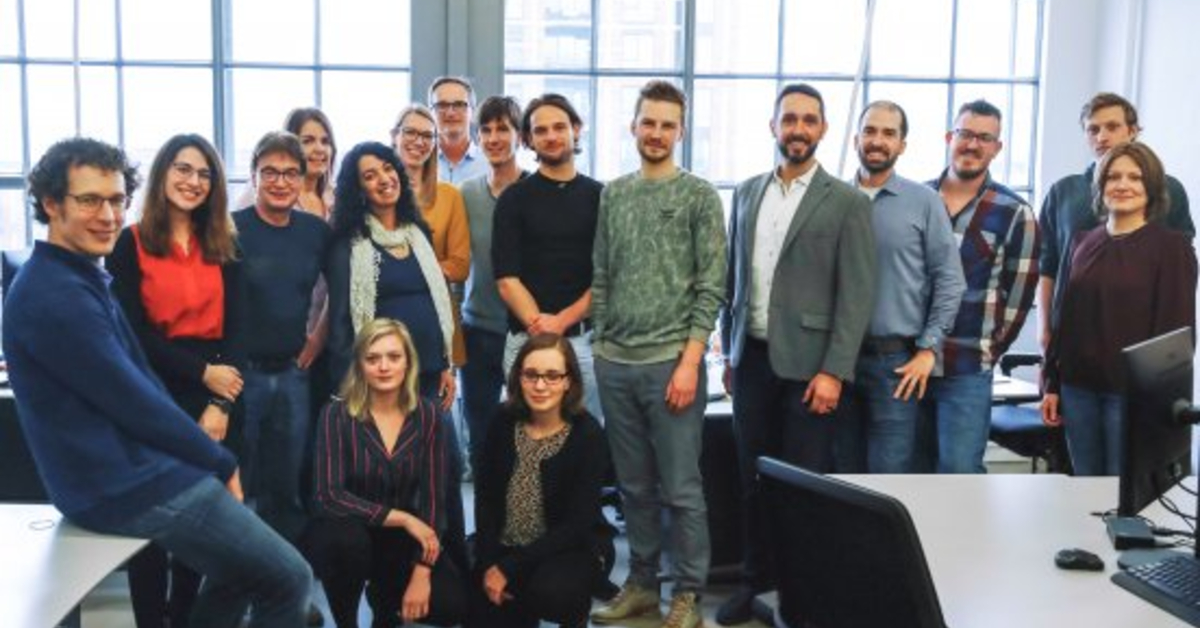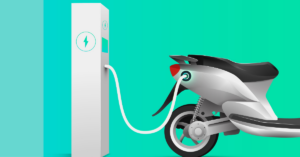Image credit: Onera Health
According to WHO (World Health Organisation), the human body needs a minimum of eight hours of sleep a night to feel refreshed and ready to take on all daily tasks ahead. In fact, Sleep-related health issues are rapidly becoming one of the biggest healthcare challenges. This is where Eindhoven-based Onera Health operates.
The sleep diagnostic and monitoring solutions company helps millions of people who struggle with sleep-related ailments.
Recently, the winners of the 2021 Future Hamburg Award were announced.
Onera Health raises Series B round
In a recent development, the company announced that it has raised €10.5M in its Series B round of funding. With this round, Onera Health has now raised a total of €24M in funding, to date.
The round is led by Innovation Industries along with Invest-NL. In addition, existing investors, including Jazz Pharmaceuticals, imec.xpand, BOM and 15th Rock also participated in this round.
“Patch technology”
Founded in 2017 by Pieter Ermers, Ruben de Francisco and Soukaina Adnane, Onera Health is a spin-off of imec, the research centre for nanoelectronics and digital technology. The company focuses on breakthrough sleep testing solutions with two simple patches instead of sensors usually attached to the face, scalp, chest and limbs.
The company’s patch technology benefits doctors with accurate test results matching the conventional in-lab sleep clinics while patients can rest easier being monitored at home or in a medical setting suggested by their doctor. The tests are performed by the patient, and the data is stored on the machine, which can be analysed at the sleep clinic later.
Onera has recently obtained the CE mark for its first product, a polysomnography (PSG) system that brings the “gold-standard quality” of a hospital diagnostic system directly to a user’s home. According to the company, its user-centric technology of PSG system enables at-home diagnostics as well as provides opportunities for hospitals that have limited or no access to sleep clinics to implement sleep diagnostic testing within their institution.
Currently, Onera has offices in the Netherlands and the US.
Recent developments
Last month, the company showcased its first-generation product at the SLEEP 2021 congress and presented its latest research to renowned world experts.
Also recently, Onera relocated its headquarters to the Brainport region in Eindhoven, the Netherlands, while maintaining commercial operations in the United States.
In June 2020, the company received a €2.5M EIC grant to develop clinical-grade home monitoring for sleep and chronic disease management in the post-COVID-19 world.
Back in 2019, the company had raised $9.3M (approx €8.16M) in its Series A round of funding led by Jazz Pharmaceuticals, imec.xpand, as well as other investors including imec and BOM.
Fund utilisation
With the raised capital, the company plans to execute clinical studies and further commercialise its sleep diagnostics and monitoring products in Europe and the US.
Explaining about the usage of the funds, Ruben de Francisco, Founder, CTO & interim CEO of Onera, says, “We’re going to leverage the funding to conduct progressively larger scale clinical studies, expand our partnerships in the EU and US and expedite product development to broaden our portfolio in sleep diagnostics and monitoring. This will facilitate the commercialisation of our products and help the medical field provide the much-needed answers for millions who are affected by sleep disorders.”








![Read more about the article [Funding alert] Meddo closes pre-Series A round at $6M led by SRI Capital, Picus Capital, and Alkemi Capital](https://blog.digitalsevaa.com/wp-content/uploads/2021/05/Imageyim3-1610088395643-300x150.jpg)

